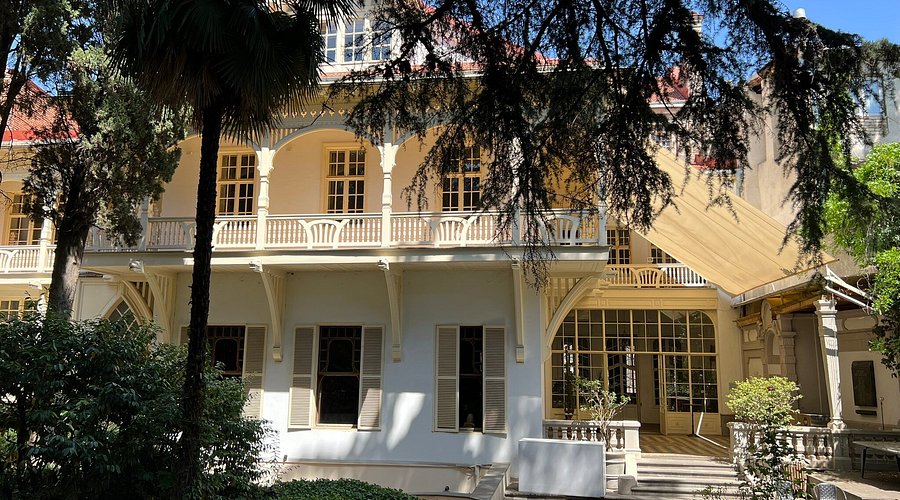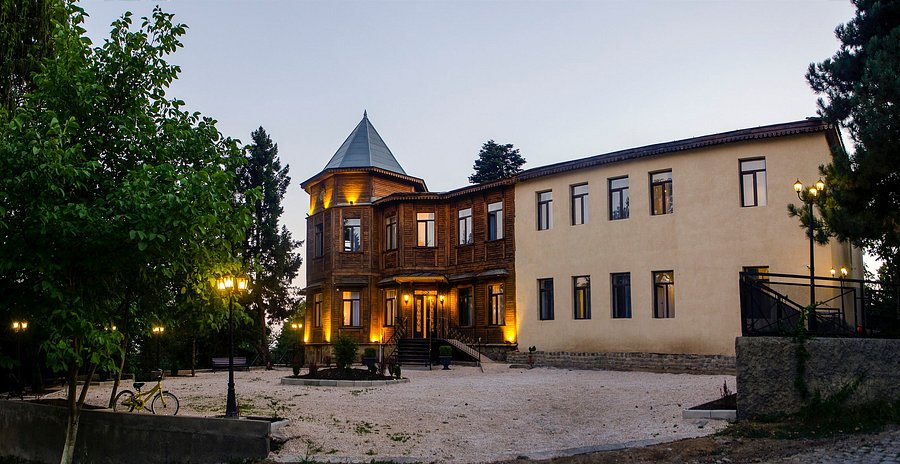
Batumi, the fast-growing coastal gem on Georgia’s Black Sea, has transformed over the past decade from a regional resort town into a dynamic hub for tourism, international investment and residential life. For investors and homebuyers alike, the city presents a unique combination of modern infrastructure, attractive prices relative to many European markets, and strong rental demand driven by tourism and a growing expat community. This article explores current trends, neighborhood profiles, legal considerations and practical advice for anyone interested in real estate in Batumi.
Market overview: Batumi’s property market has been shaped by ambitious development projects, new hotel and condominium complexes, and improving transport links. International interest intensified as developers introduced contemporary high-rises and mixed-use properties that appeal to both holidaymakers and year-round residents. Prices vary widely: central coastal apartments and premium new developments command higher per-square-meter rates, while older properties and neighborhoods further from the seafront are more affordable. Investors often focus on apartments and studio units that yield strong short-term rental returns during the tourist season.
Types of property and their appeal: Buyers can choose from newly built luxury towers, mid-range apartment buildings, renovated heritage flats, and standalone houses in suburban areas. Condominiums with amenities such as parking, swimming pools and on-site management are popular among foreigners seeking low-maintenance investments. Heritage properties in the old town attract buyers who value character and proximity to cultural sites, while coastal apartments offer sea views and easy access to the promenade. Newly developed mixed-use complexes combine residential units with retail and entertainment, offering diversified income streams for owners.

Neighborhood spotlight: The city center and Batumi Boulevard are the most sought-after locations for both tourists and long-term renters because of their proximity to beaches, restaurants and entertainment venues. Miracle Park and the Alphabet Tower area are known for modern architecture and tourist footfall. The Chakvi and Gonio districts, south of the central area, are gaining attention for quieter suburban living, larger plots, and growing residential communities. For investors looking at short-term rentals, properties within walking distance of the seafront typically achieve higher occupancy and nightly rates.
Legal framework and buying process: Georgia’s property legislation is relatively straightforward and foreigner-friendly. Non-residents can buy real estate without special permits, and property rights are protected by a transparent registry system. Buyers should perform due diligence: verify title deeds, check for encumbrances, and confirm permitted uses under local zoning. Engage a local lawyer and a licensed real estate agent to handle contract drafting, registration at the Public Registry and tax compliance. Typical transaction costs include registration fees and a small transfer tax, but overall transaction costs are competitive compared to many other countries.
Financing and taxes: Mortgage availability in Georgia has improved, with local banks offering loans to residents and sometimes to non-residents. Interest rates and loan terms can vary, so it’s advisable to compare offers and consider currency risk if income is in a different currency. Property taxes in Batumi are generally modest: annual property tax is low for residential units, and capital gains tax depends on ownership period and tax residency. Rental income must be declared and taxed according to Georgian law, so seek local tax advice to structure investments efficiently.
Investment returns and rental potential: Short-term rentals targeting tourists can provide attractive seasonal returns, particularly for well-located and well-marketed apartments. Long-term rentals to local residents, expatriates and professionals yield stable cash flow, though monthly rates are typically lower than short-term averages. Key factors influencing returns include property location, quality of furnishing, proximity to transport and attractions, and effective management. Many investors combine both strategies, offering flexibility to switch between long- and short-term letting depending on seasonality.

Renovation and property management: Successful investment in Batumi often requires attention to interior finishes, energy efficiency and amenities that appeal to renters and buyers. Renovations can increase rental rates and resale value, but costs should be carefully monitored. Outsourcing management to local companies is common; they will handle guest services, maintenance, cleaning and marketing. A reliable property manager helps maintain occupancy levels and protects the investment from misuse during high tourist flow.
Risks and challenges: While Batumi presents many opportunities, investors should be mindful of certain risks. Market cycles, overbuilding in some segments, and seasonal fluctuations in tourism can affect occupancy and prices. Infrastructure in some peripheral districts may lag behind development, and resale liquidity for niche properties can be limited. Currency volatility and geopolitical considerations in the broader region may also influence investor sentiment. Diversification, conservative financial planning and thorough market research can mitigate these risks.
Practical tips for buyers and renters: Start with a clear objective—investment, holiday home, or permanent residence—because the right property type and location depend on your goals. Visit Batumi multiple times across different seasons to gauge year-round livability and rental patterns. Work with experienced local professionals: a licensed realtor, a bilingual lawyer, and an accountant familiar with Georgian tax law. Negotiate purchase terms and consider including clauses for furniture, fixtures and post-purchase support. For foreign buyers, setting up a local entity or working through a trusted local partner may simplify management.
Quality of life and long-term outlook: Batumi offers a pleasant climate, scenic natural surroundings, and a lively cultural scene. Its infrastructure investments, including an international airport and improved roads, support growing tourism and business activity. The city’s development strategy emphasizes sustainable growth, and ongoing improvements in public services and public spaces make Batumi attractive for long-term residence. For investors seeking exposure to an emerging European coastal market, Batumi presents a compelling combination of growth potential and relatively affordable entry points.
Conclusion: Real estate in Batumi remains a compelling proposition for a range of buyers—from investors seeking rental yields to families looking for a coastal home. Success hinges on choosing the right location, understanding local regulations, and engaging experienced local professionals to guide the purchase and ongoing management. With careful planning and realistic expectations, property in Batumi can deliver both lifestyle benefits and solid financial returns as the city continues to grow and attract international attention.
